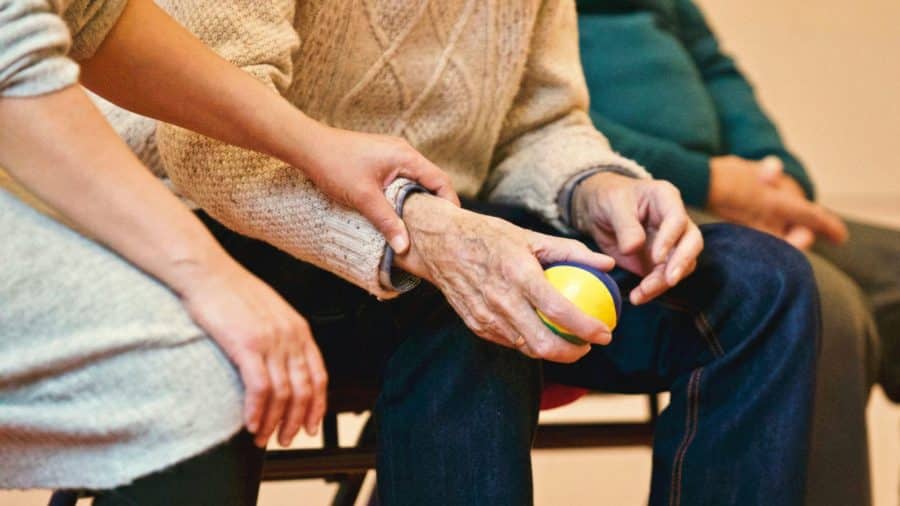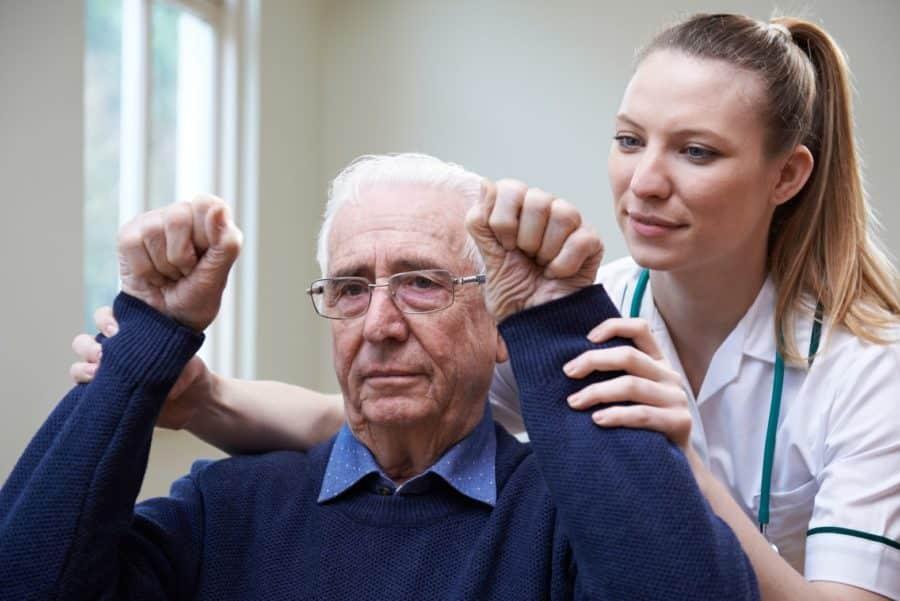Since nurses spend hours, days, and weeks caring for patients, it's only natural to form a bond of some sort with patients and their families. At times, it could be challenging to create personal and professional boundaries, and it's easy to fall prey to guilt and blame on oneself over the loss of a patient. Nurses often come across horrific scenarios that mess up their psychological well-being. Many nurses feel exhausted and melancholy, to go on when they experience death at the workplace, whether if the deceased is a kid or an elderly.
Thus, it's essential to learn about the best, practical nursing strategies to cope with the death of a patient. These techniques can help nurses go through the grief at a healthy pace without letting these routine losses affect caregiver services. Let's go through some of the most popular and proven methods for nurses to cope with patients' deaths.
Talk to Friends or A Professional
Of course, talking to a friend, family member, or a professional always helps cope with the death of a patient. Share the experience of how you took care of them, the patient's personality, their antics or jokes, their love-filled and joyous life to reduce the grief. It's helpful to get closure as it assists you in making sense of all you have experienced. Your trusted group of friends, coworkers, or even a professional should help in giving you a holistic understanding of the situation. They should be non-judgmental and good listeners. Venting can prove to be a source of comfort, promote better communication, and a chance to bond with supportive people. Various nursing programs emphasize and teach how to manifest such practices in your day-to-day routine.
Rely On Faith
One of the important ways to deal with the loss of your patient is to pray for their departed soul and wish them a pleasant journey to the other side. Faith holds immense power. Faith gives you hope that your life has a greater purpose. That something out there awaits you, and it's all meant to happen. Michelle, a professional nurse who works at Driscoll Children's Hospital, says that she finds peace when she prays for the patient, family, and their loved ones. It has a profound positive impact on moving forward with your life.
Remind yourself of the positive side
It's also necessary to remind yourself of all the differences you make daily. Your compassion matters, even if people lose their lives in the end. It's important to remember that you did your best. You shouldn't feel guilty or cast blame on yourself for something inevitable. Nurses need to constantly be in the present and not lose themselves in the past. Otherwise, it can interfere with their current practice. Think about all the good you do every day. How many people you helped, how many families united because of you! According to experts, nurses must remain mindful of all the positively impacted people through their continuous compassion. Additionally, nurses should focus on empathic care rather than being sympathetic.
Spend Some Time on Self-Care
Many nurses find relief from spending time on self-care. As nurses, it's essential not to forget that you're a human being and entitled to feelings too. Learn to recognize the signs when your mind, body, and soul need some attention. Particularly after the death of a patient, you must tend to your wounds first. Meditate regularly before work and begin your day with mental clarity.
Moreover, you could try relaxing yoga or physical fitness routines to get rid of stressful thoughts. Some nurses write in journals, while others turn to music therapy to cope with grief. Many nurses also opt for new healthy hobbies like cooking or gardening to move on from the unexpected deaths. These practical self-care habits prove to be helpful in personal growth and take your mind off from workplace mishaps.
- Accept The Circumstances
Another meaningful way for nurses to cope with a patient's death is to accept the situation. It's one of the several steps to tackle grief - an acknowledgment of what happened. Suppose you choose to run away from the moment or attempt to forget. In that case, it only helps temporarily and isn't a long-term solution. Sometimes, nurses lose themselves in an abyss of guilt when they start nitpicking on their efforts. The important thing is to remember that death could come at any time, even to the healthiest of individuals. Accept that death is inevitable, and you did your best to help the patient avoid it.
- Take A Break From Work
There are moments when grief might take a long time to overcome, especially if a nurse has witnessed a horrific or unexpected death. At such times, nurses should be allowed some time off from work. It'll be a good opportunity for them to unplug and rediscover their lives. Nursing drains your energy, and there are instances when all you want to do is curl up inside your room with a good book. Remember, if you're not in the right state of mind to work, it'll affect your performance and, ultimately, mess up your caregiving services. If your job includes long hours and a relentless schedule, you might not give yourself enough time to adjust to the change. It's also necessary for managers and educators to recognize the grief symptoms and guide nurses through them. Send the nurses off on holiday to effectively cope with the loss.
Final Thoughts
A nurse's job isn't easy. Amidst all the empathy and care, nurses have to deal with their patients' sudden and unexpected deaths. It's understandable and completely natural as they spend lots of time together. Nurses pour their hearts and souls to offer support and immense love to their patients. Thus, sometimes such deaths can hit hard. At these moments, some nurses are quick to blame themselves and doubt their abilities as a nurse. Often, they succumb to the guilt, and it affects their practice. The grief interferes with their work, and they cannot move on.
The above-mentioned beneficial practices can prove to be helpful during these times. Our coping strategies invoke empathy, acceptance, and reliance on the power of prayers. Talk to your loved ones as it's beneficial for your mental health. All in all, follow these practical steps so you can adjust to the loss of deceased patients in a healthy manner.



